EERA Blog
European Educational
Research Association
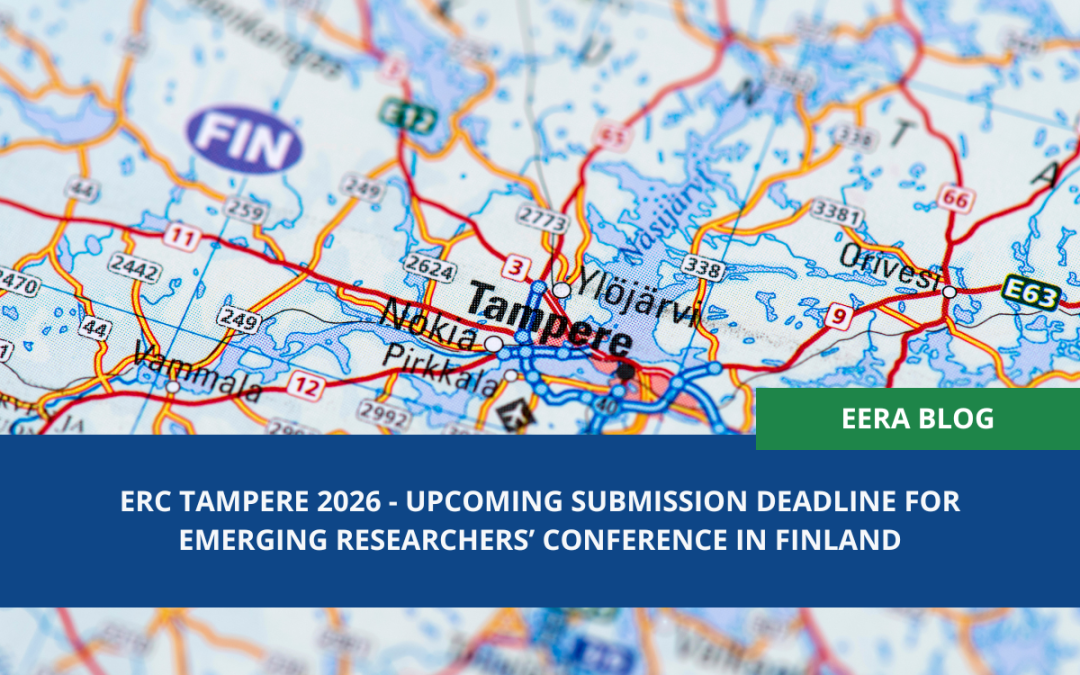
ERC TAMPERE 2026 – upcoming submission deadline for emerging researchers’ conference in finland
The submission deadline for the Emerging Researchers’ Conference in Tampere in 2026 is 31.01.2026. Find out the theme of the conference, and how to submit on our blog.
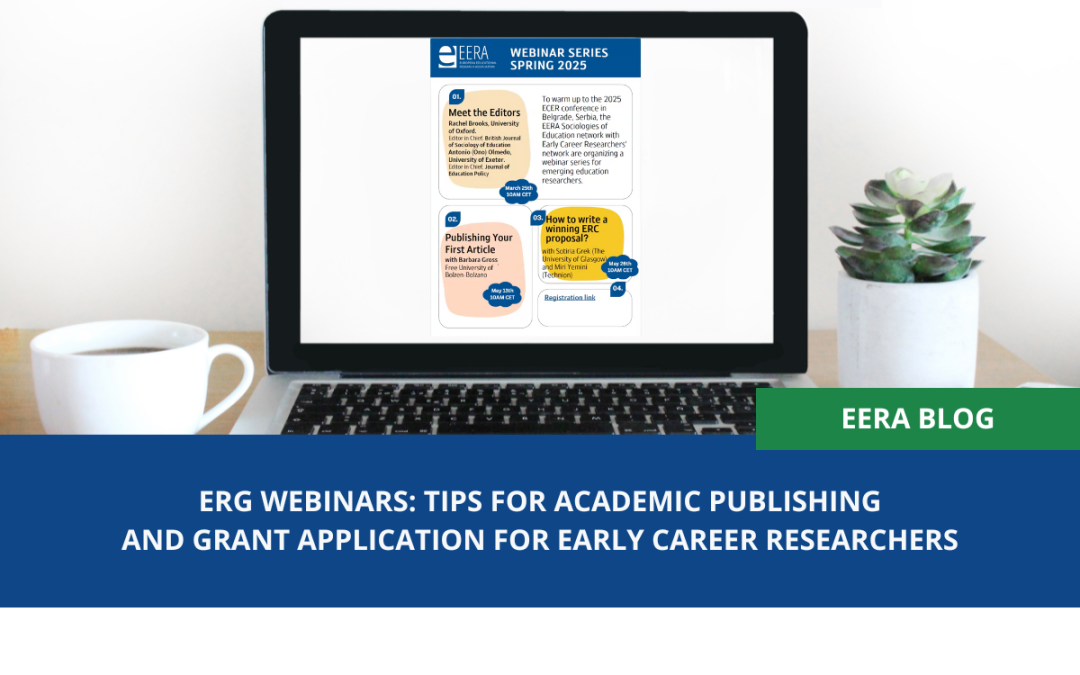
ERG Webinars: Tips for academic publishing and grant application for early career researchers
A serues of ERG webinars provided early career researchers with tips for academic publishing, journal selection, and grant writing to build their academic identity.
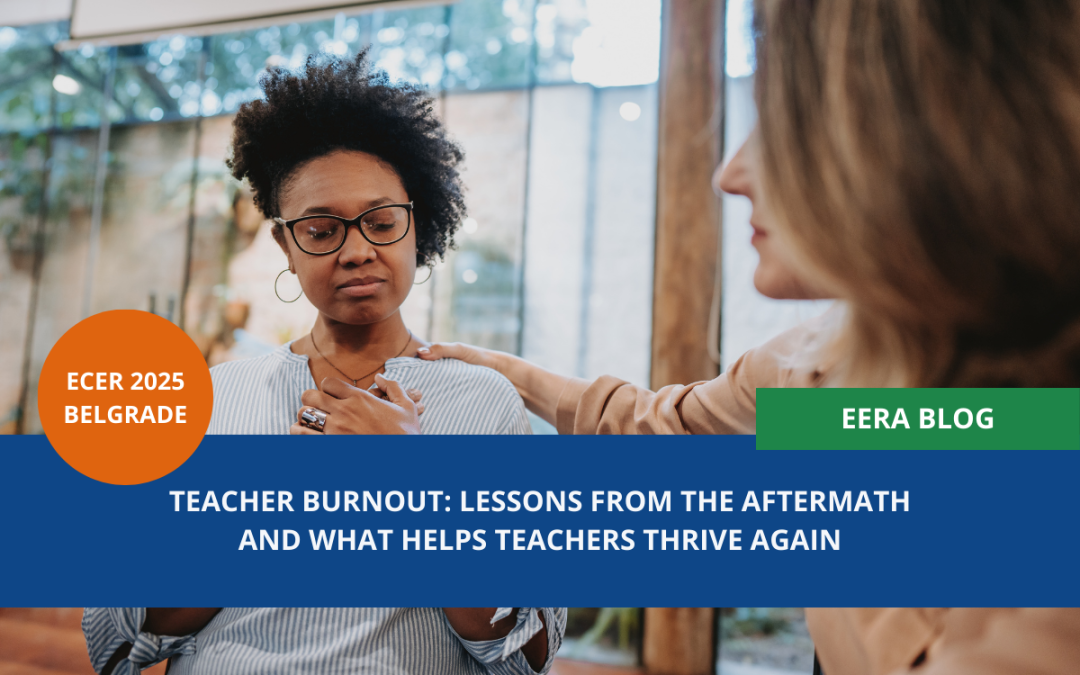
Teacher burnout: Lessons from the aftermath and what helps teachers thrive again
In the aftermath of teacher burnout, a critical phase is often overlooked – the return to the classroom. We look at how school leadership and colleagues can provide support.
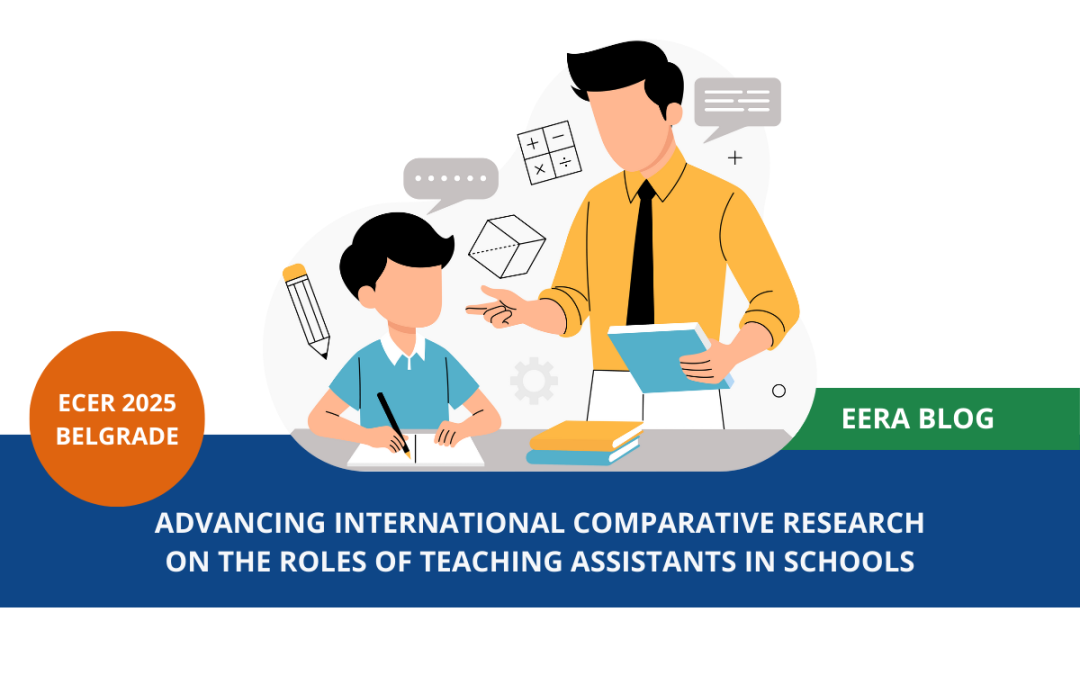
Advancing international comparative research on the roles of teaching assistants in schools
International understanding of teaching assistant roles is fragmented. The newly formed International Teaching Assistant Research Network (ITARN) is addressing this by creating a shared comparative framework to unify global research efforts.
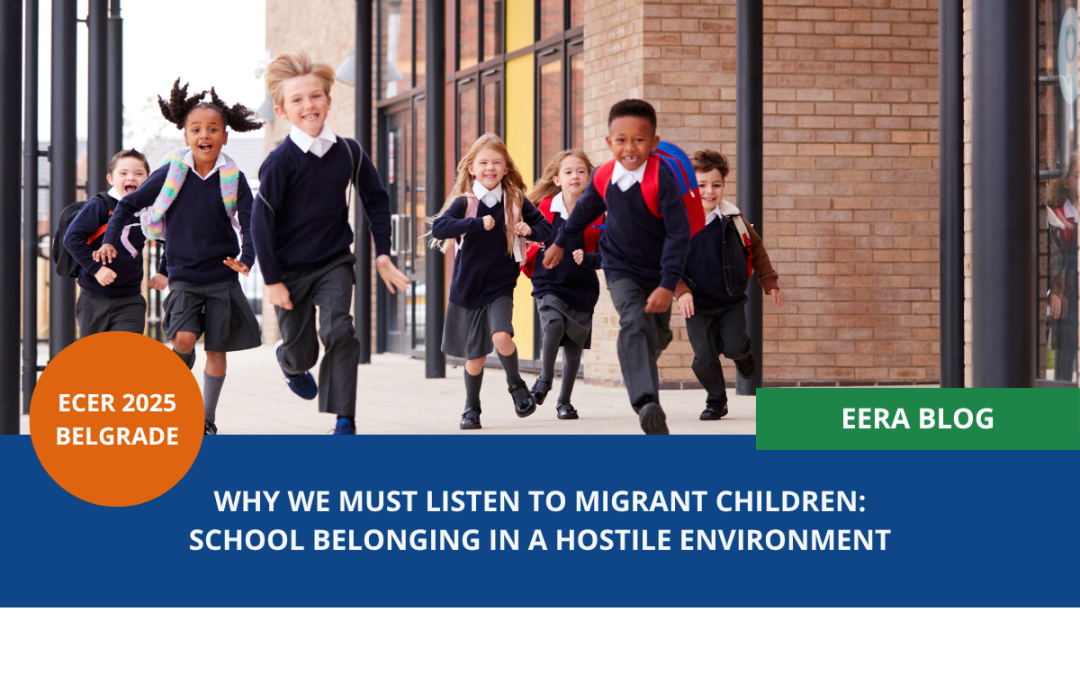
Why we must listen to migrant children: School belonging in a hostile environment
Across Europe, migration is increasingly politicised, creating challenging environments for migrants and their families. Thi Bogossian’s ethnographic research in a diverse English primary school reveals how education can act as an “oasis” of belonging for migrant children amid exclusionary politics.
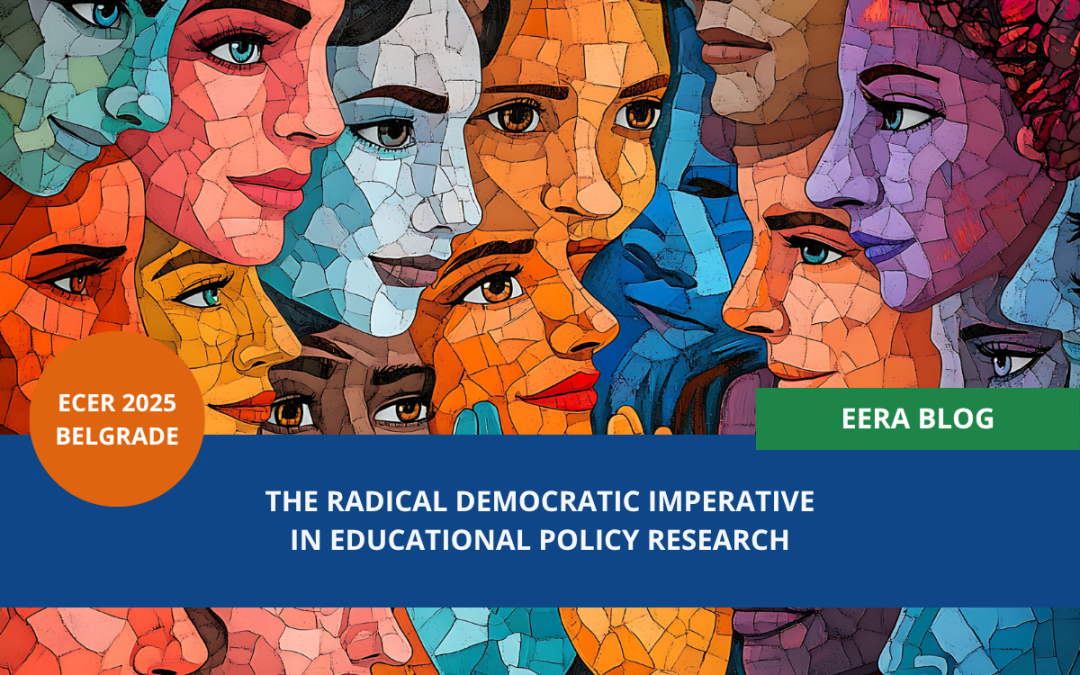
The radical democratic imperative in educational policy research
This blog post is both inspired by, and intended as a rejoinder to, a symposium on educational policy research for which I acted as a discussant within the Curriculum Network during the ECER 2025 conference. The symposium: ‘Policy-Making for Plural Education Publics in Europe’, involved three quite diverse papers, which I must admit pressed me to conceptualise a coherence among them. Briefly, Lousie O’ Reilly and Majella Dempsey presented an analysis of the partnership model of curriculum-making in Ireland, charting both the overt and covert forces influencing a national curricular reform. Stavroula Philippou discussed the curriculum changes over time in home economics and health education...
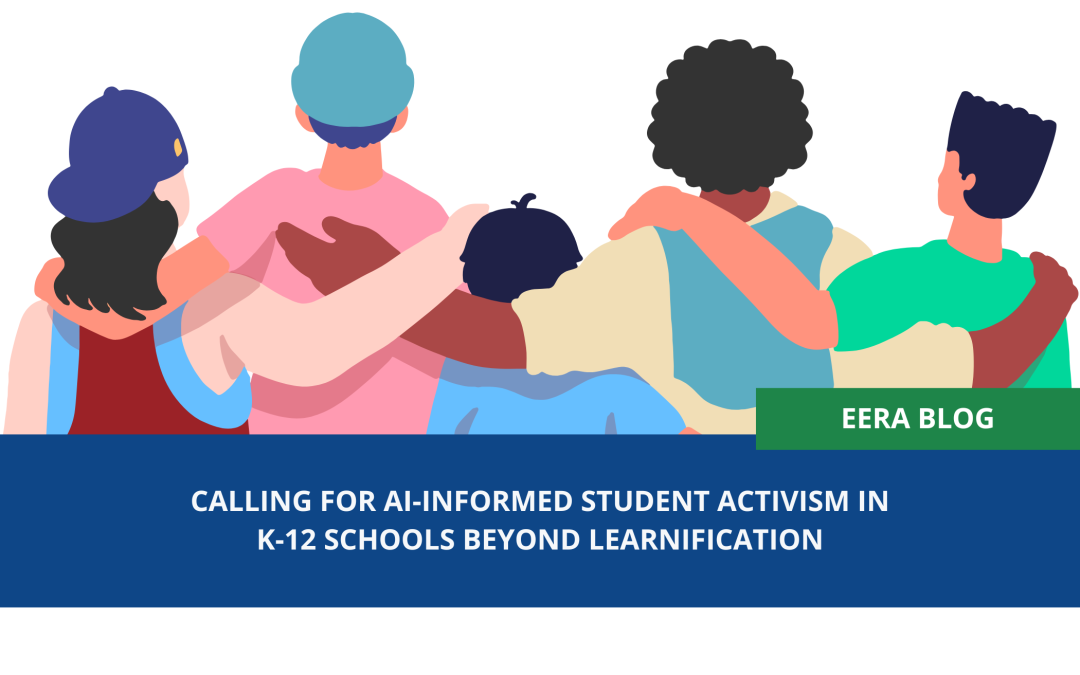
Calling for AI-informed student activism in K-12 schools beyond learnification
Artificial intelligence is rapidly transforming education worldwide, with governments, researchers, and students shaping its integration. Beyond policies and innovation, AI raises urgent questions of ethics, equity, and democracy—while offering opportunities to empower student leadership, amplify voices, and strengthen global collaboration.
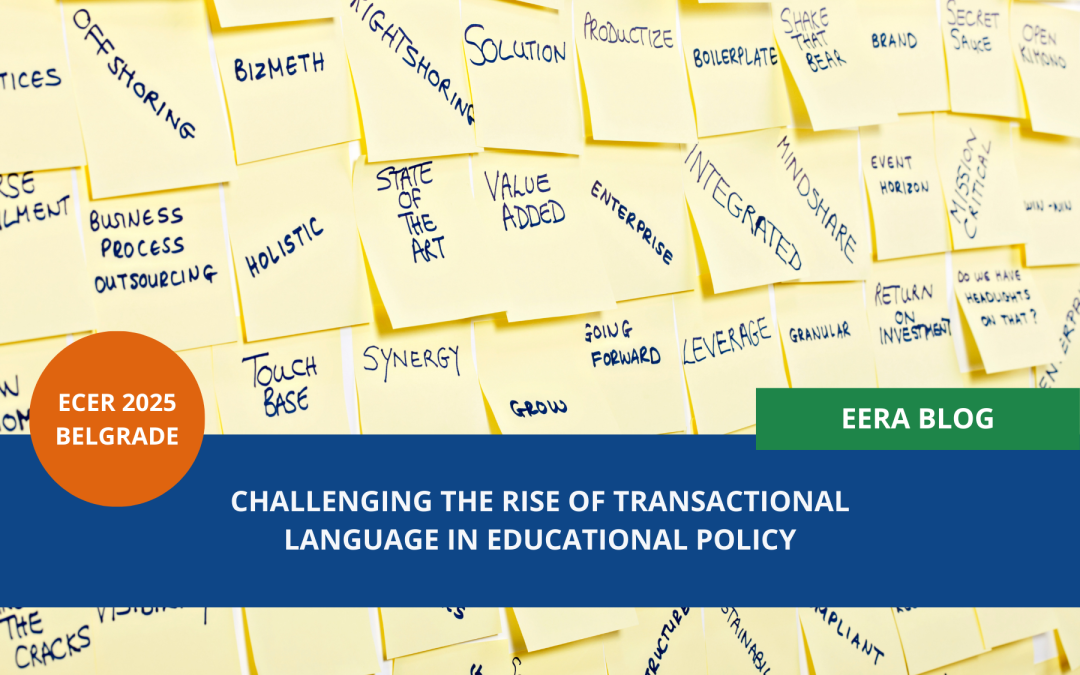
Challenging the rise of transactional language in educational policy
Education reform deserves language that reflects its complexity. When policy borrows the vocabulary of markets and business, we risk reducing teaching to a transaction rather than a deeply human, transformative process.
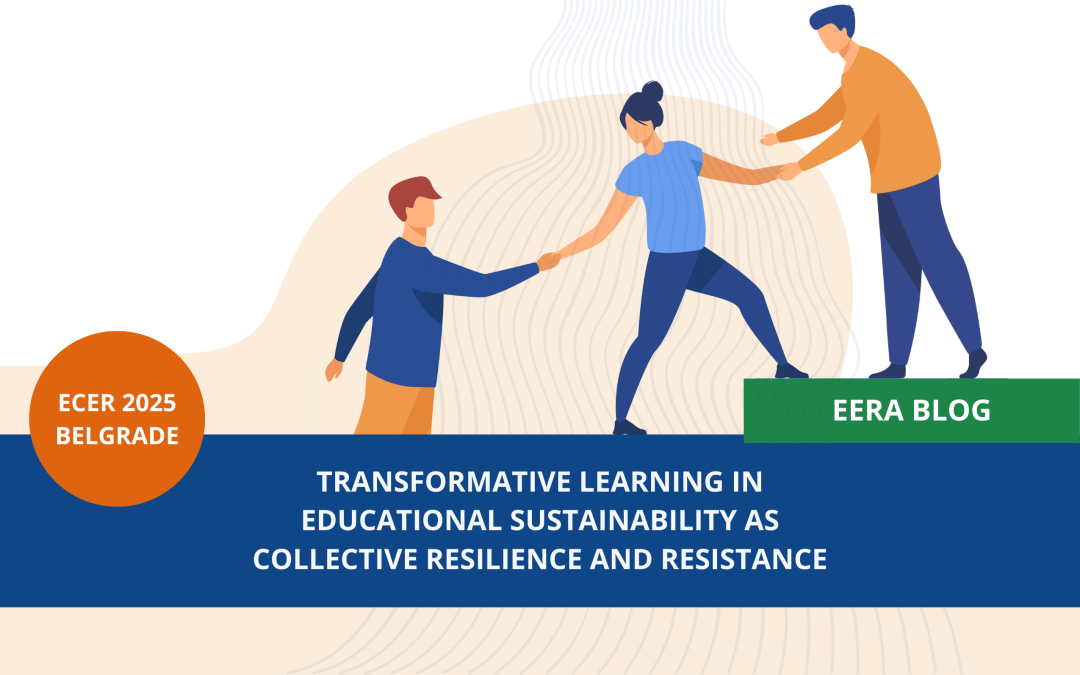
Transformative learning in educational sustainability as collective resilience and resistance
In response to recent U.S. policy shifts that threaten equity and sustainability in higher education, Dr. Erin Redman reflects on transformative learning as a collective act of resilience and resistance.
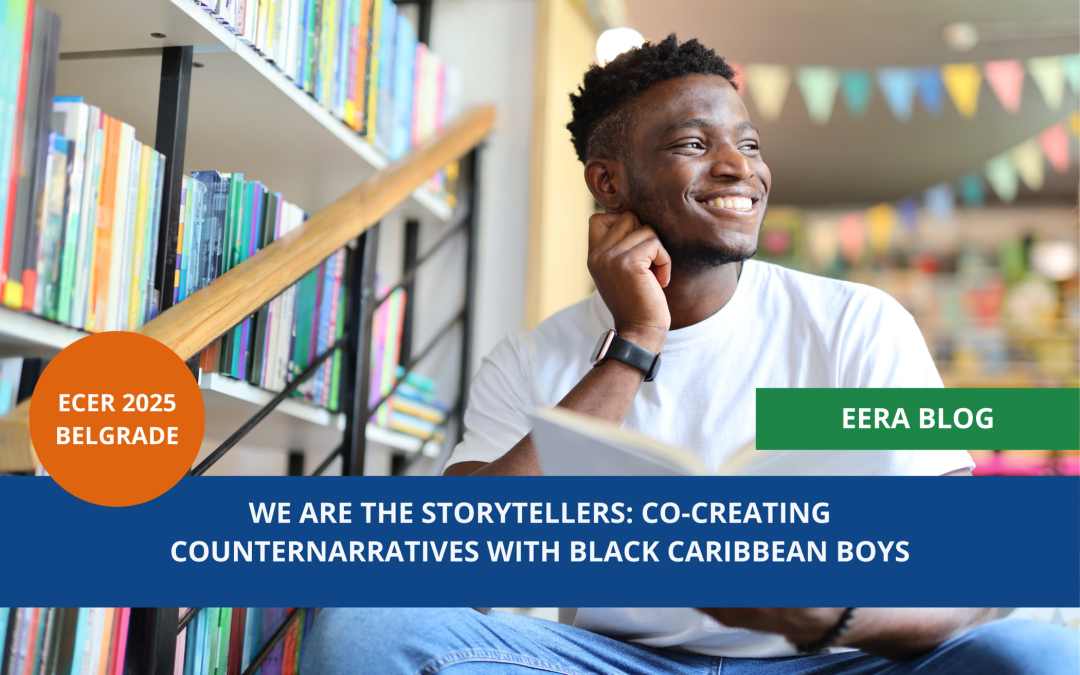
We Are the Storytellers: Co-Creating Counternarratives with Black Caribbean Boys
Using multimodal and narrative methods, this research creates heterotopic spaces where young men reflect on race, justice, and belonging. It challenges dominant narratives while centring student voices as acts of resistance.
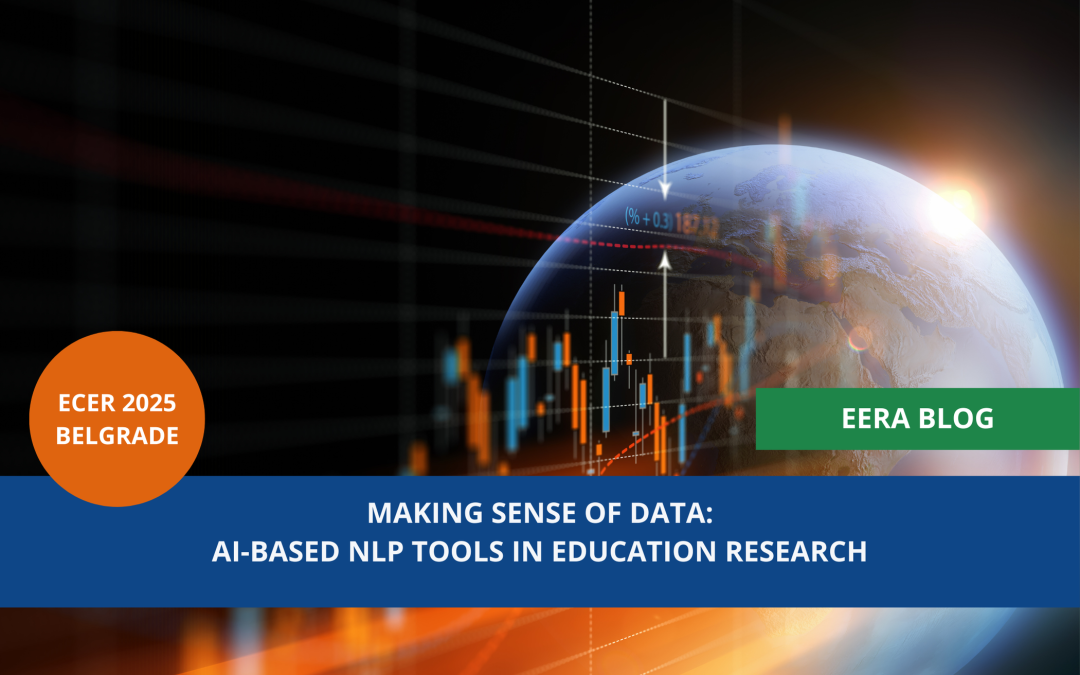
Making Sense of Data: AI-based NLP Tools for Education Research
While many educational researchers could benefit from the use of AI-based NLP tools for data analysis, what do they have to know about these tools, and how can they be used effectively and ethically?
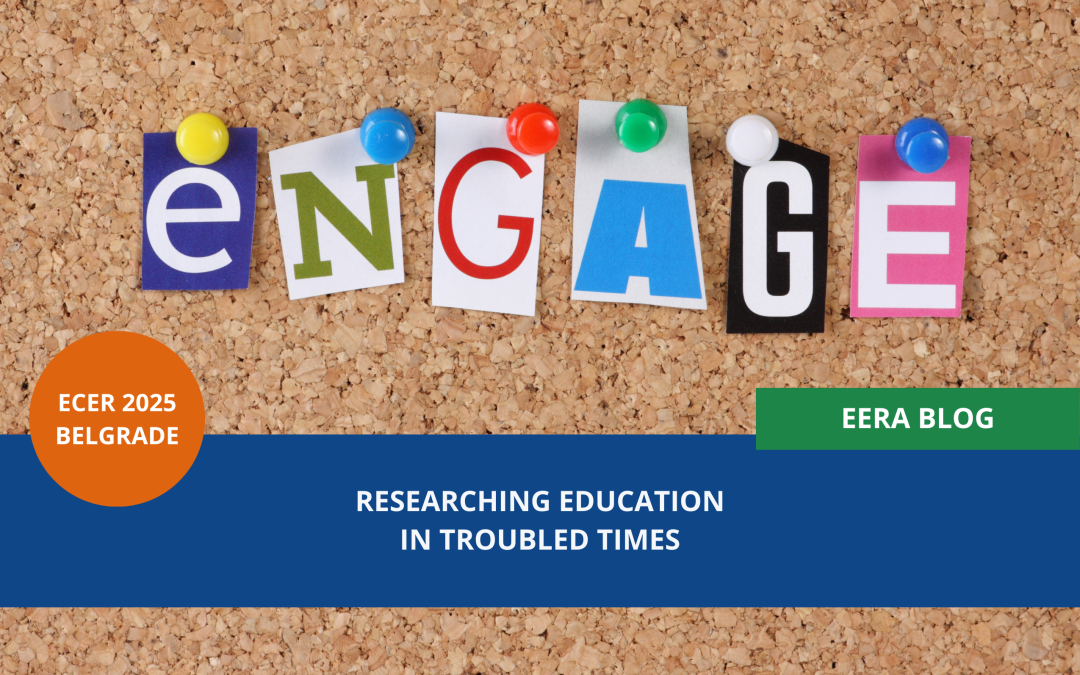
Researching education in troubled times: Reflections ahead of ECER 2025 in Belgrade
As we look towards the upcoming ECER in Belgrade, Dr Philippe Gabriel reflects on the experience of being an educational researcher in times of change and upheaval.
Write for the EERA Blog
If you’d like to contribute to the EERA blog, take a look at our Submission Guidelines to find out how to successfully pitch a blog post to our Editorial Team. Then send us a quick email to blog-mail@eera.eu
We look forward to hearing from you
